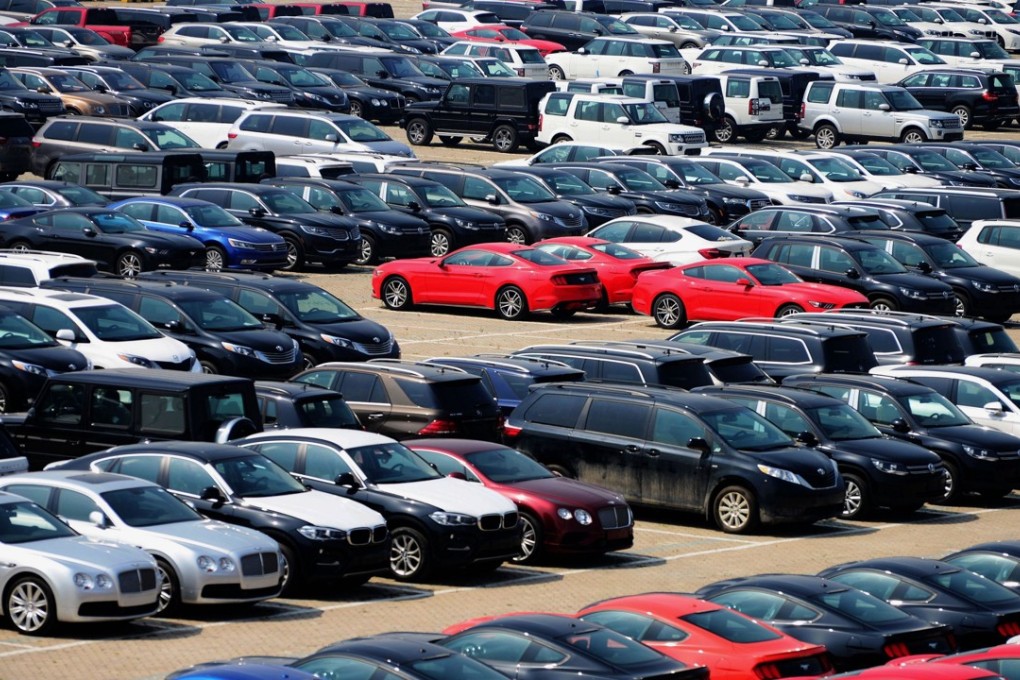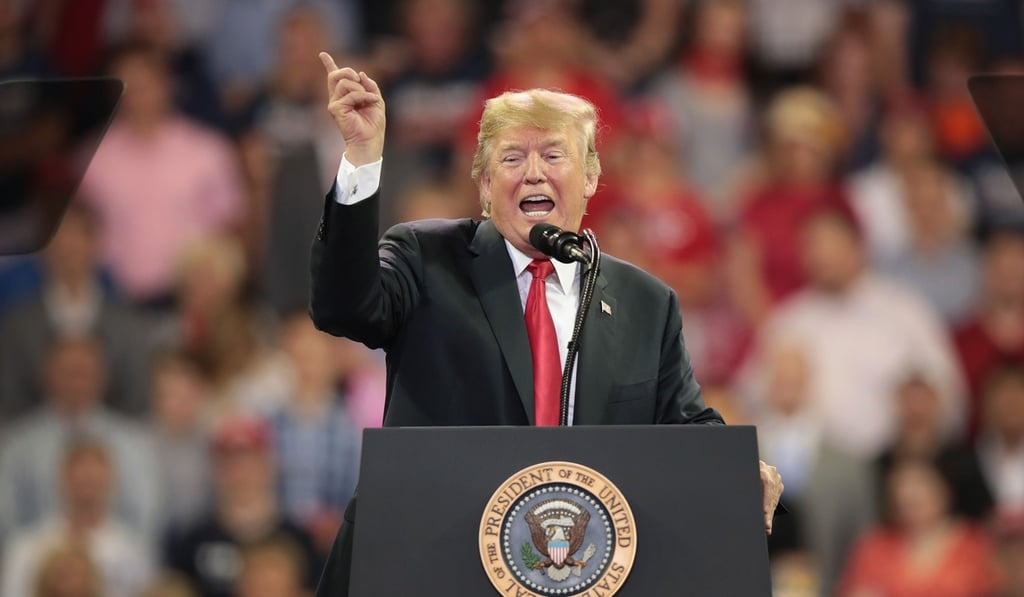China angry over Trump’s latest tariff threats but gives no clues about countermeasures
Beijing accuses Washington of picking China as a “scapegoat” for its own problems

China’s commerce ministry on Thursday accused Washington of being “protectionist” and “blackmailing” by threatening to impose further tariffs on Chinese products, but the ministry declined to specify how Beijing will respond.
Ministry spokesman Gao Feng said in Beijing that the United States had abused its import tariffs system and had started trade wars in various parts of the world to “seriously undermine the world trade order and harm the interests of its trading partners”. Washington’s allegation of China stealing its technology “is a serious distortion of history and reality” and the US was picking China as a “scapegoat” for its own problems, he said.
Gao was responding to US President Donald Trump’s latest threat to hit US$200 billion worth of Chinese imports with 10 per cent tariffs if Beijing retaliates against his previous announcement to target US$50 billion in imports, and to target another US$200 billion worth of Chinese products if Beijing chooses to fight back. If it makes good on its threats, US actions could affect as much as US$450 billion worth of Chinese imports.

However, Gao didn’t give details on what specific retaliatory measures the Chinese government will adopt against the fresh threats.
He repeated what the ministry said on Tuesday, that China would take forceful “qualitative and quantitative” countermeasures.